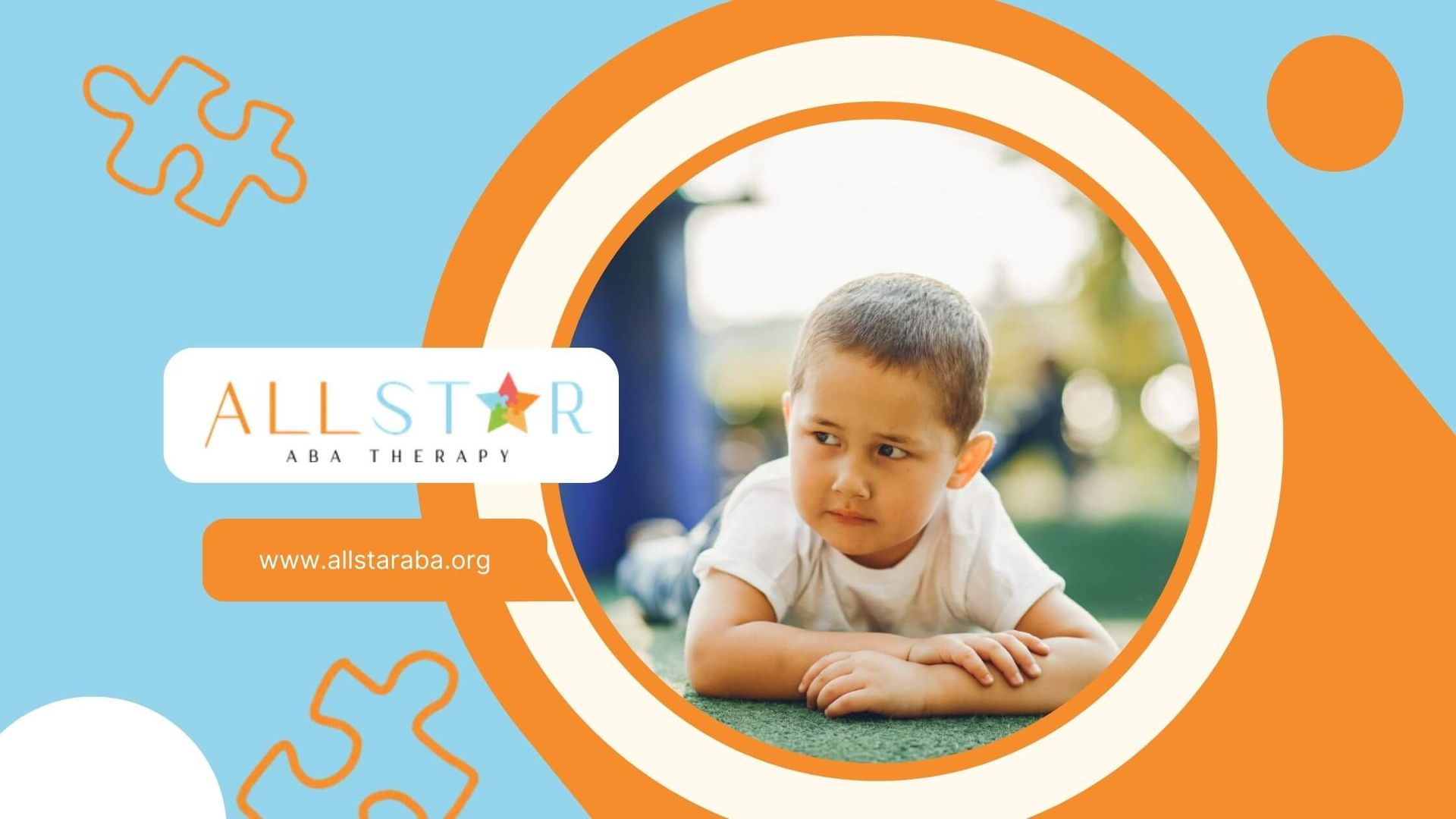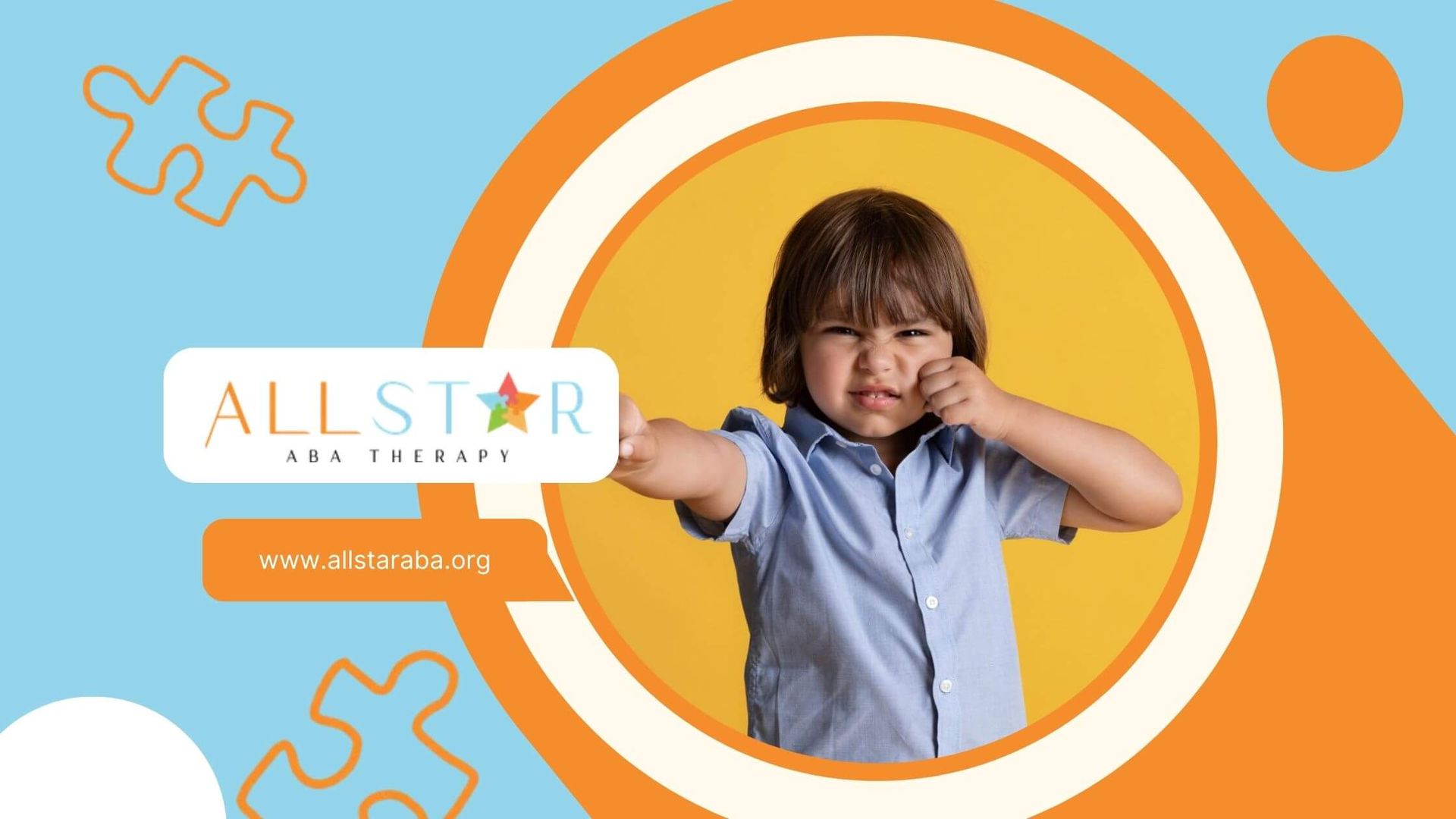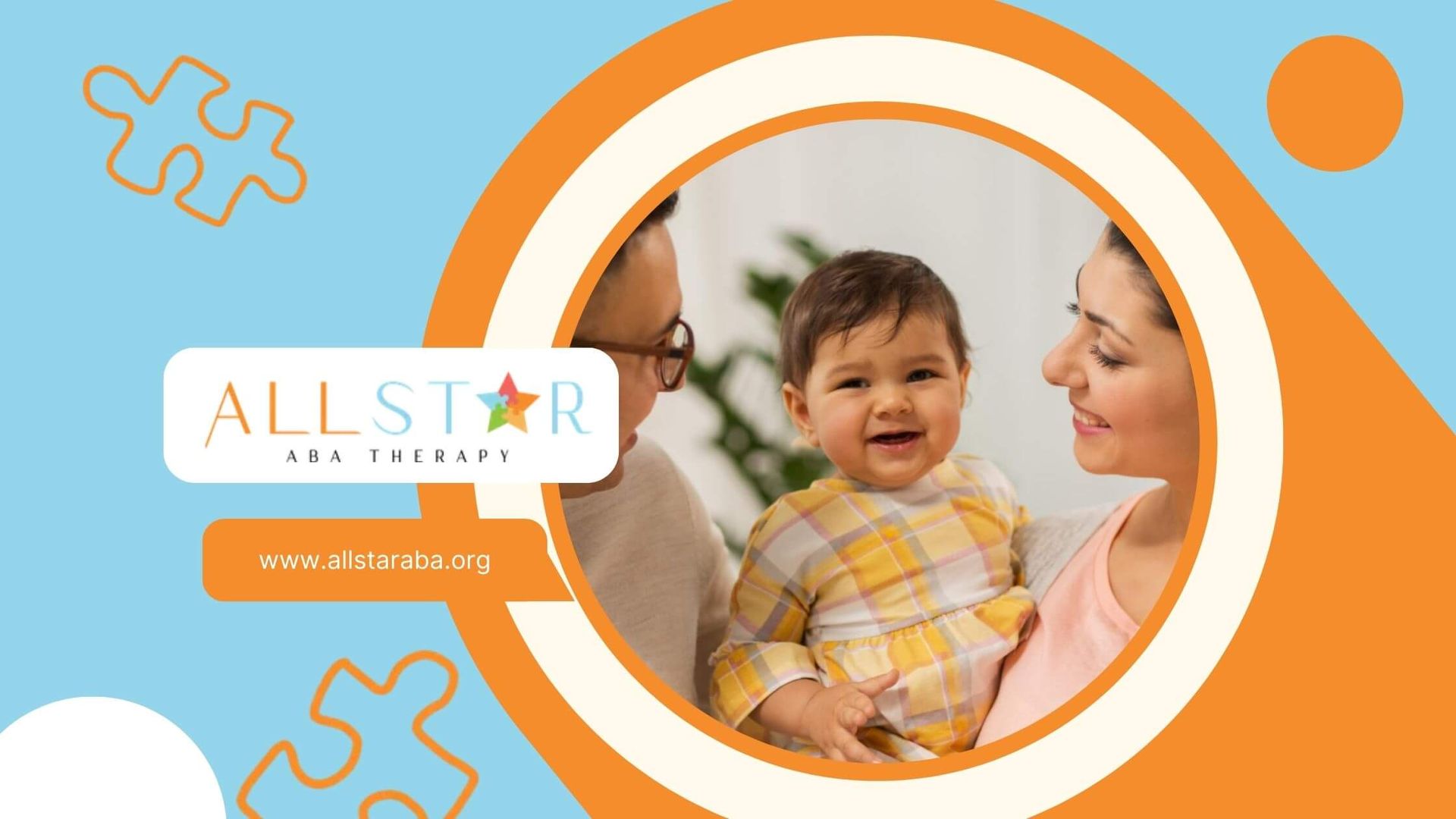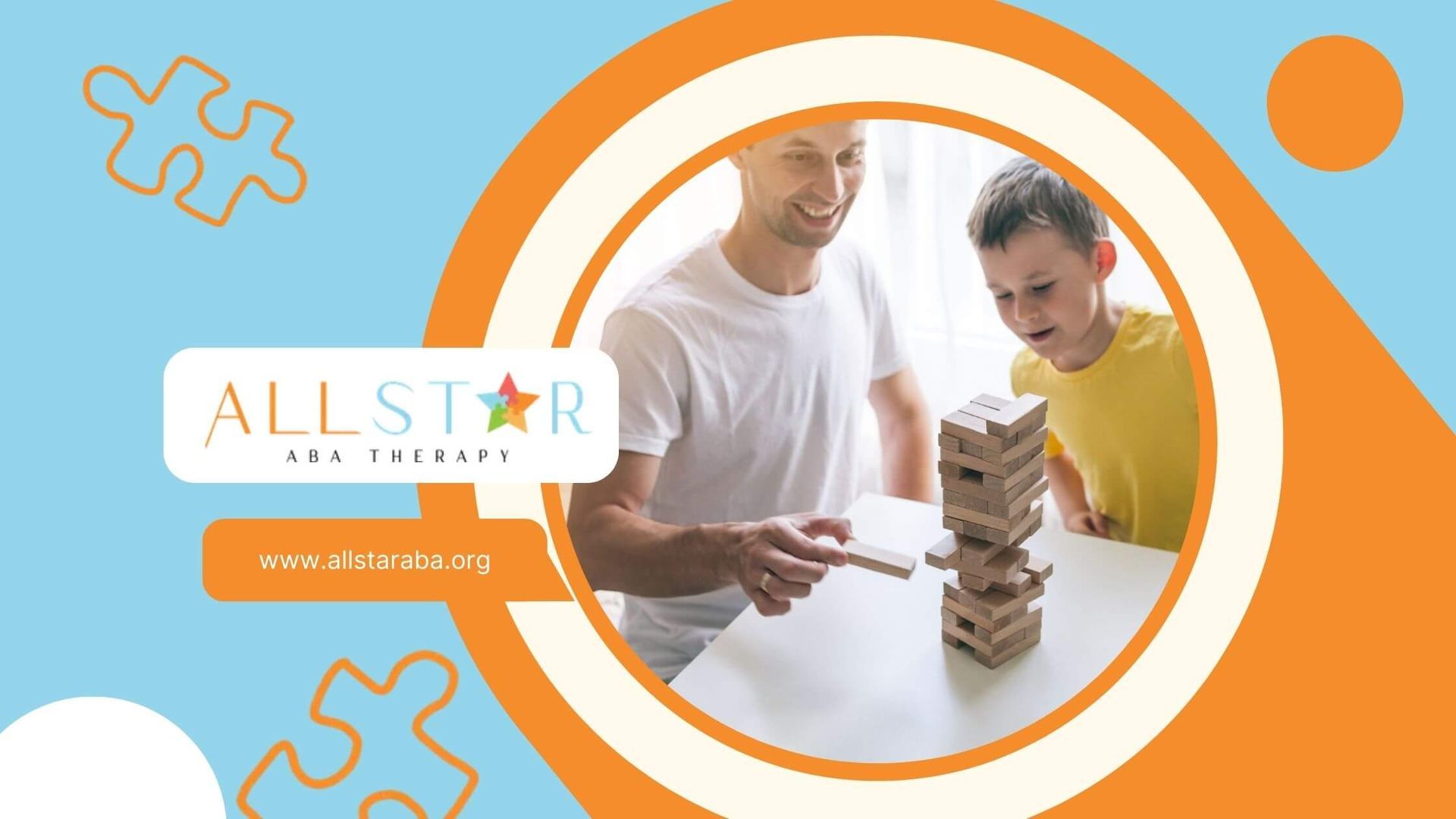New Paragraph
Is Autism a Lifelong Condition? The Facts You Need
Autism is a lifelong condition. From childhood through adulthood, the characteristics of autism remain, though the support needed and the way it shows up can change over time. The question “Is autism a lifelong condition?” is answered by decades of research: autism is a neurodevelopmental difference that does not go away.
Quich Fact: Is Autism a Lifelong Condition?
- Autism is lifelong. It starts in early childhood and continues throughout life.
- Needs, strengths, and challenges can shift with age, but autism itself does not disappear.
- Early intervention, like ABA therapy, can help improve skills and independence, but does not “cure” autism.
- About 1 in 100 people are autistic, and every person’s journey is unique.
Is autism a lifelong condition? Yes. But with the right support, every stage of life can bring new opportunities. At All Star ABA, we see children grow into teens and adults, each with their own path. Some kids learn new skills every year with the right support. Families often share how ongoing therapy helps their child thrive at every stage.
FAQs
Is autism a lifelong condition?
Yes, autism is a lifelong neurodevelopmental condition. While support and skills can improve over time, autism does not go away.
Can autistic individuals live independent lives?
Many autistic individuals can live independently with the right support. Needs vary widely depending on each person's strengths and challenges.
Does autism get worse with age?
Autism itself doesn’t get worse, but support needs can change over time. Early intervention and consistent care often lead to better long-term outcomes.
Can autism be cured?
No, autism is not a disease and has no cure. The focus is on providing tools and therapy to help individuals thrive.
Need Support?
We're Here to Help!
Our experienced team is ready to assist you. Reach out today to discuss how we can support your child's development and well-being.
Get started with expert ABA therapy today.








